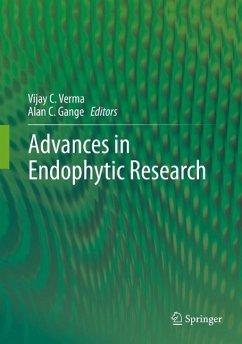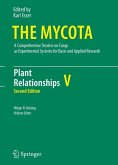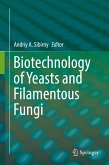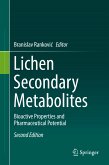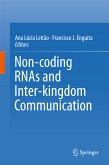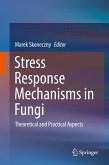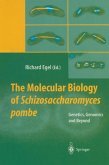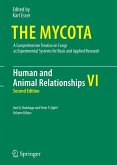In recent years there has been significant attention paid on the endophytic research by various groups working within this domain. Mutualistic endophytic microbes with an emphasis on the relatively understudied fungal endophytes are the focus of this special book. Plants are associated with micro-organisms: endophytic bacteria and fungi, which live inter- and intra-cellularly without inducing pathogenic symptoms, but have active biochemical and genetic interactions with their host. Endophytes play vital roles as plant growth promoters, biocontrol agents, biosurfactant producers, enzymes and secondary metabolite producers, as well as providing a new hidden repertoire of bioactive natural products with uses in pharmaceutical, agrochemical and other biotechnological applications. The increasing interest in endophytic research generates significant progress in our understanding of the host-endophyte relationship at molecular and genetic level. The bio-prospection of microbial endophytes has led to exciting possibilities for their biotechnological application as biocontrol agent, bioactive metabolites, and other useful traits. Apart from these virtues, the microbial endophytes may be adapted to the complex metabolism of many desired molecules that can be of significant industrial applications. These microbes can be a useful alternative for sustainable solutions for ecological control of pests and diseases, and can reduce the burden of excess of chemical fertilizers for this purpose. This book is an attempt to review the recent development in the understanding of microbial endophytes and their potential biotechnological applications. This is a collection of literature authored by noted researchers having signatory status in endophytic research and summarizes the development achieved so far, and future prospects for further research in this fascinating area of research.
Dieser Download kann aus rechtlichen Gründen nur mit Rechnungsadresse in A, B, BG, CY, CZ, D, DK, EW, E, FIN, F, GR, HR, H, IRL, I, LT, L, LR, M, NL, PL, P, R, S, SLO, SK ausgeliefert werden.

